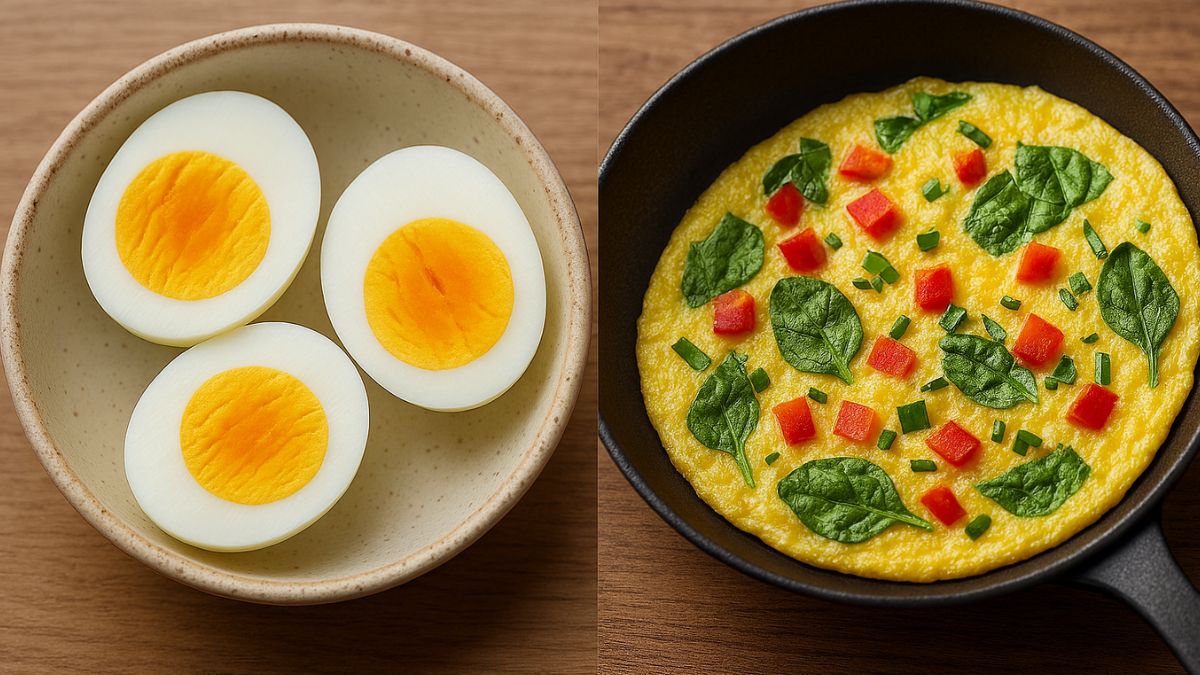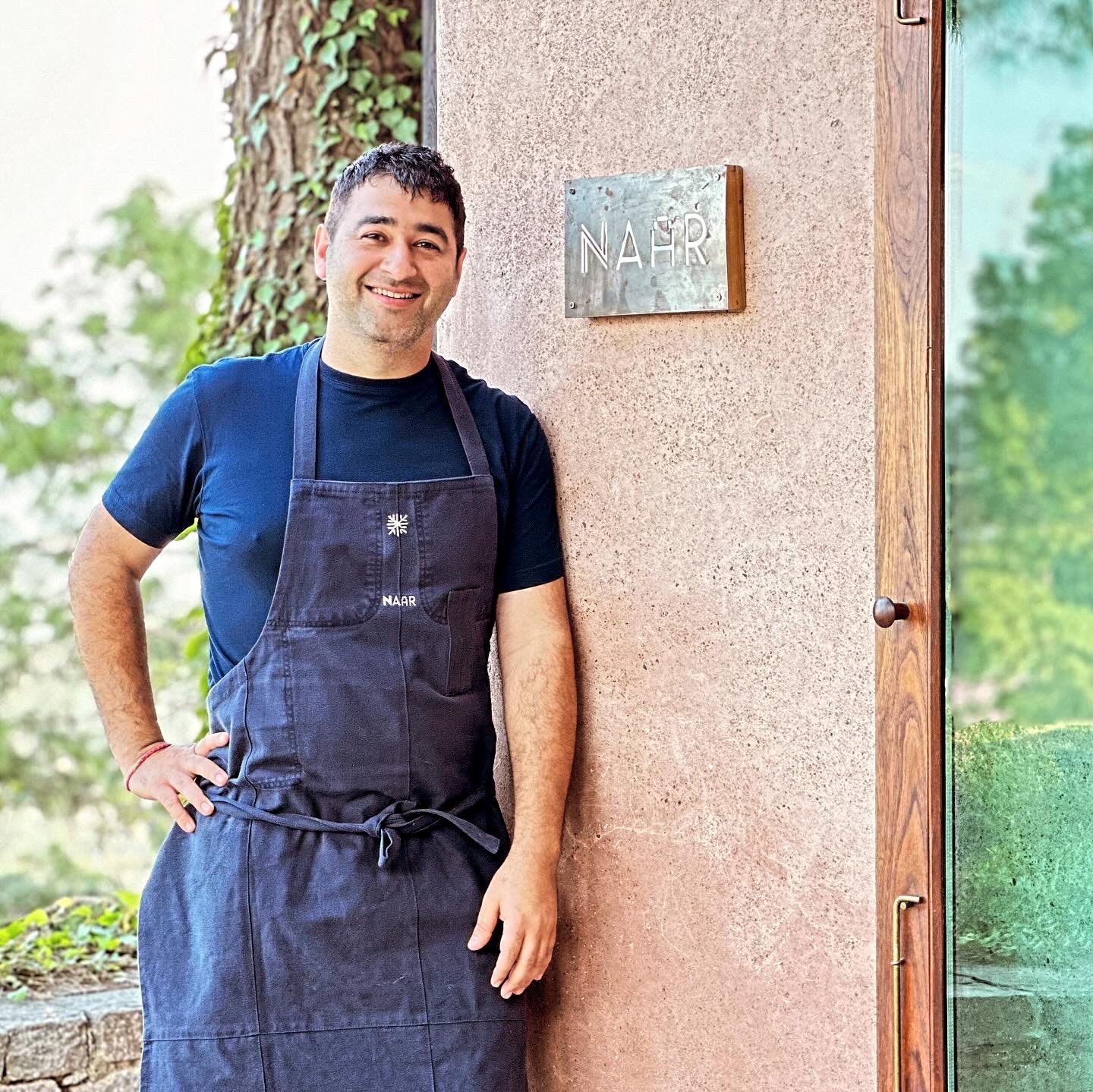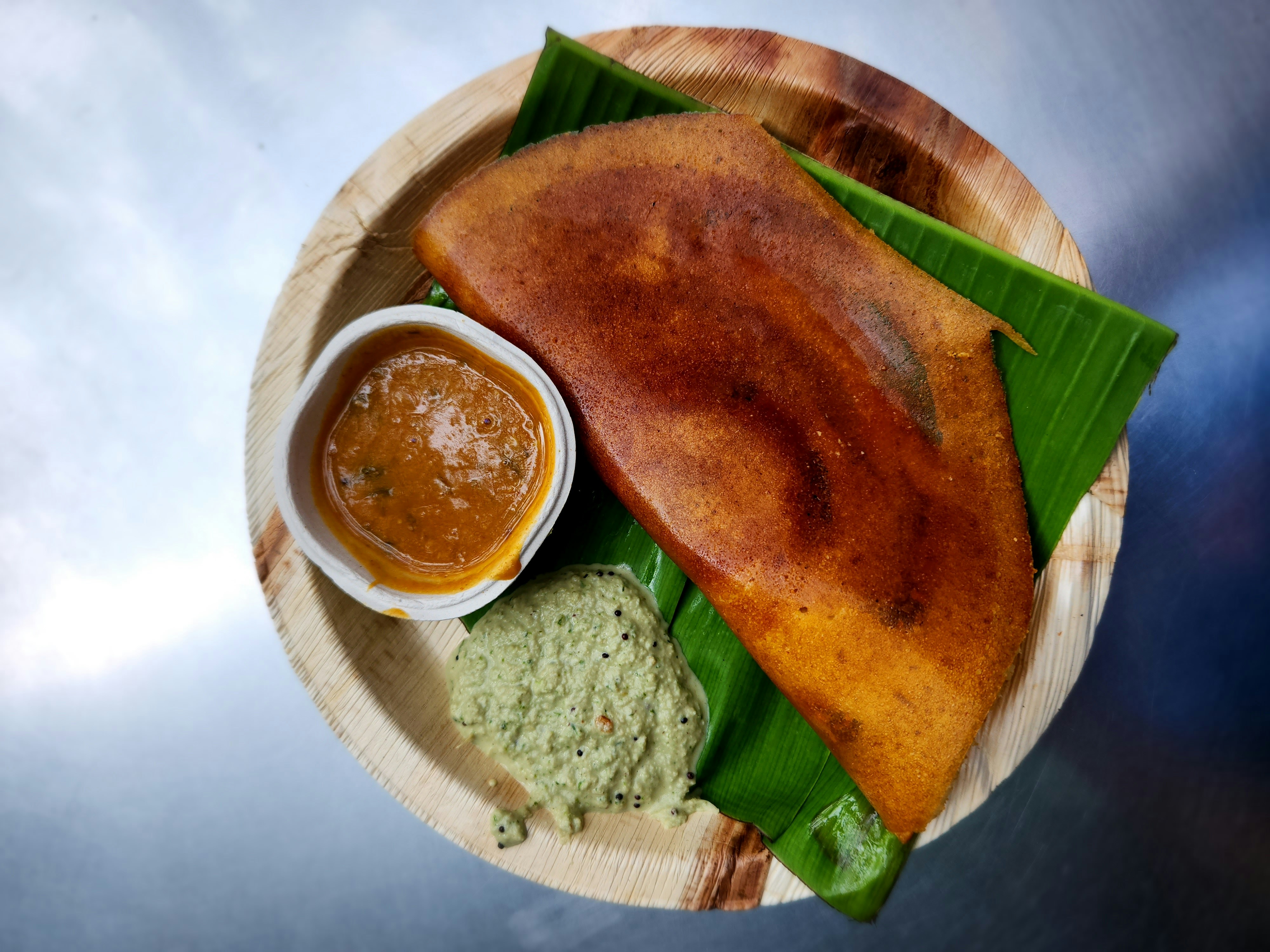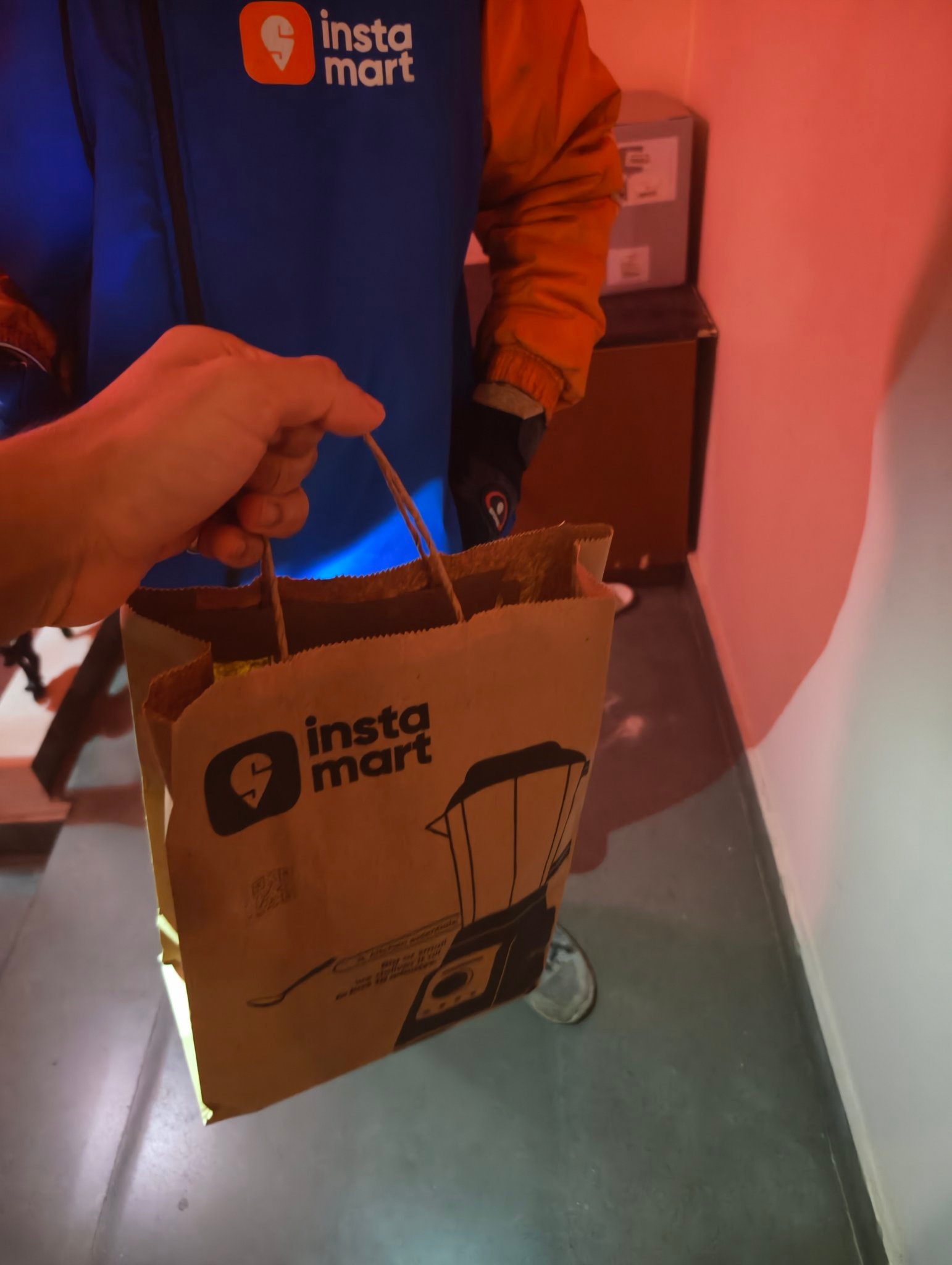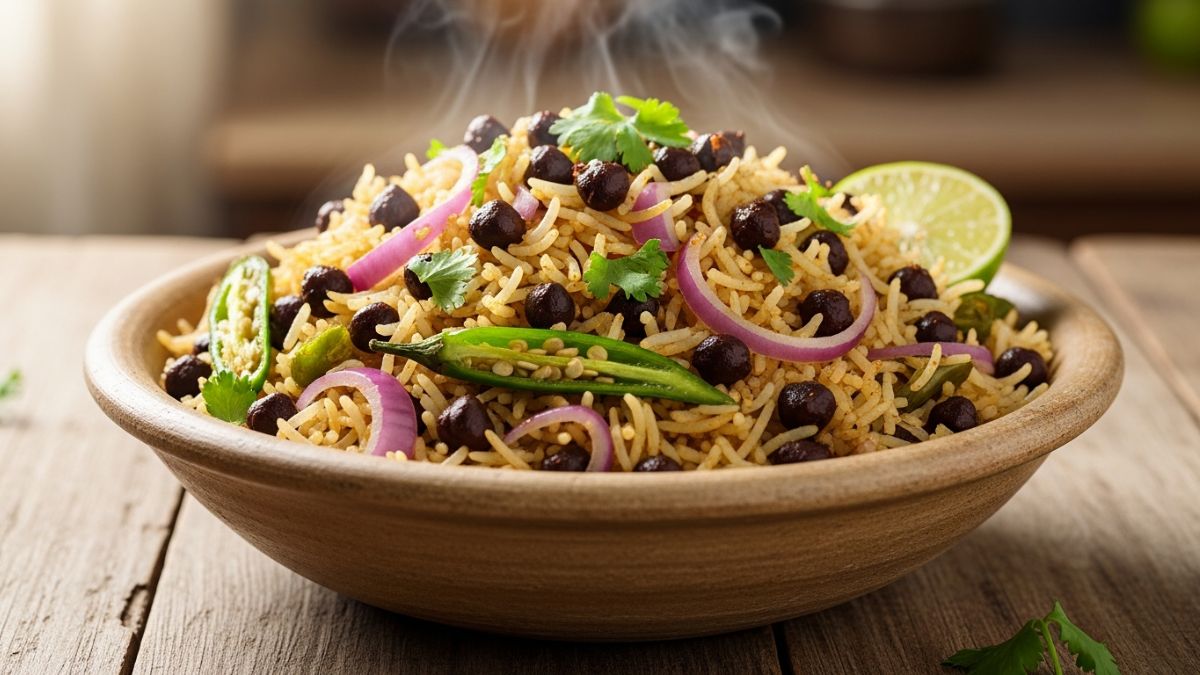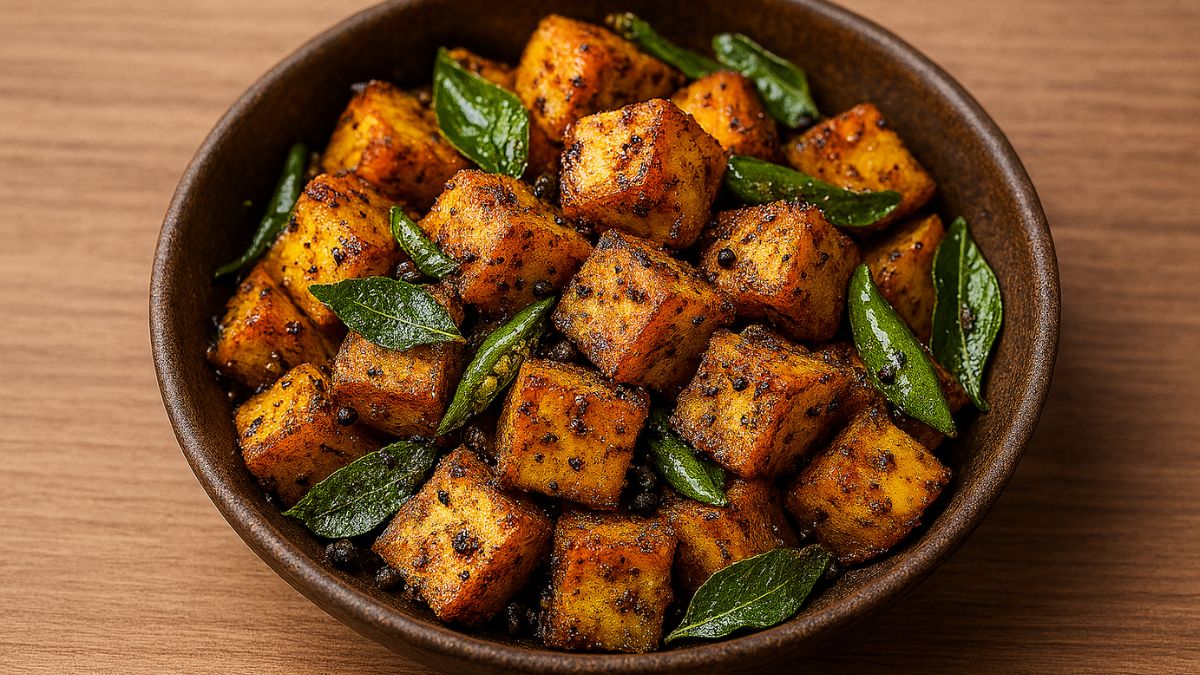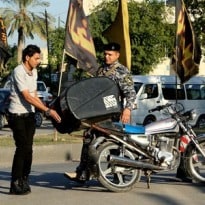"Learn how to drive!" a driver bellowed from his car. But Hassan Khudier just weaved through the bumper-to-bumper traffic on his motorbike. Angry drivers are among the lesser worries when you're a delivery guy in Baghdad. As he rushes pizza and shwarma sandwiches to waiting customers, the 22-year-old Khudier has to deal with the Iraqi capital's countless security checkpoints and the risk of being in the wrong place at the wrong time in a city where car bombings and suicide blasts take place nearly daily."We face so many obstacles on our way to deliver food," Khudier said. He has had to weave through alleys to avoid streets where a bomb has just gone off. At every checkpoint, police or soldiers stop him and search his bike and carrier box. At times they tell him to turn around or even arrest him.Motorcycles, which have been used in past bombings, are prohibited from crossing bridges and approaching government buildings. They are also banned from the streets on major holidays to prevent bombings of places of worship. Security has been especially tight in recent months since the Islamic State militant group seized nearly a third of the country.
Khudier's story is that of a typical Iraqi, trying to perform a job he desperately needs to support his family amid violence that has become a way of life. His days are never easy. He leaves his home in Baghdad's Shaab neighborhood, crossing the city by taxi to the Saj al-Reef restaurant where he works. Then he takes to his motorbike with the deliveries.Delivery is enormously popular in Baghdad in part because many are afraid to eat out. Ice cream parlors, cafes and restaurants are regularly targeted by bombings. There is no shortage of customers in a city of 7 million, so delivery has proliferated. Long popular traditional Arabic restaurants now compete against knock-offs of foreign chains with names like Florida Fried Chicken, Mr. Potato, Pizza Boat and Burger Friends. And delivery jobs have become a common option for young men with few prospects.Khudier's parents died when he was young. He lives with his only sister and her husband and children, contributing his weekly salary of 125,000 Iraqi dinars, about $100. With all the risks, his sister, Um Noor, said she fears for his life every time he goes to work. "We pray to God almighty to protect him."
Khudier's story is that of a typical Iraqi, trying to perform a job he desperately needs to support his family amid violence that has become a way of life. His days are never easy. He leaves his home in Baghdad's Shaab neighborhood, crossing the city by taxi to the Saj al-Reef restaurant where he works. Then he takes to his motorbike with the deliveries.Delivery is enormously popular in Baghdad in part because many are afraid to eat out. Ice cream parlors, cafes and restaurants are regularly targeted by bombings. There is no shortage of customers in a city of 7 million, so delivery has proliferated. Long popular traditional Arabic restaurants now compete against knock-offs of foreign chains with names like Florida Fried Chicken, Mr. Potato, Pizza Boat and Burger Friends. And delivery jobs have become a common option for young men with few prospects.Khudier's parents died when he was young. He lives with his only sister and her husband and children, contributing his weekly salary of 125,000 Iraqi dinars, about $100. With all the risks, his sister, Um Noor, said she fears for his life every time he goes to work. "We pray to God almighty to protect him."
Advertisement
